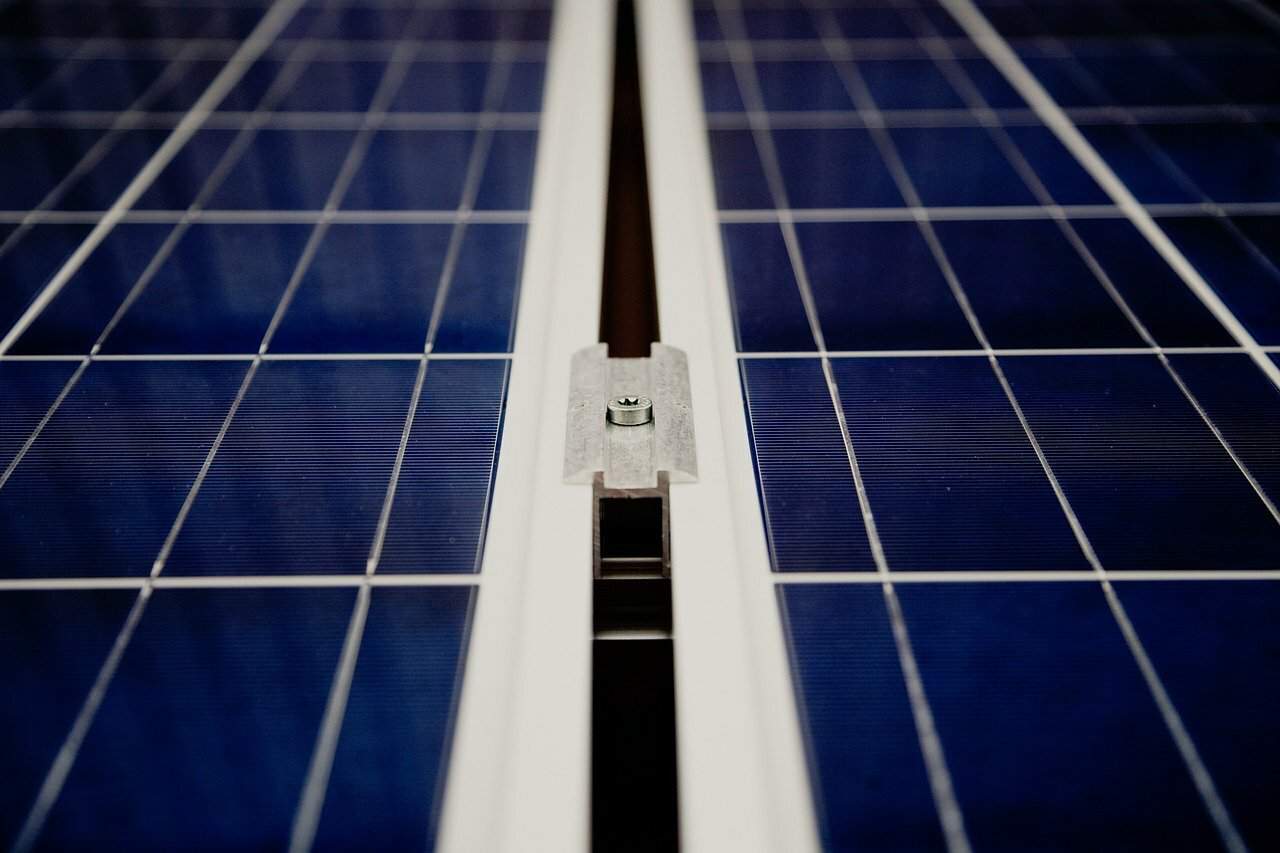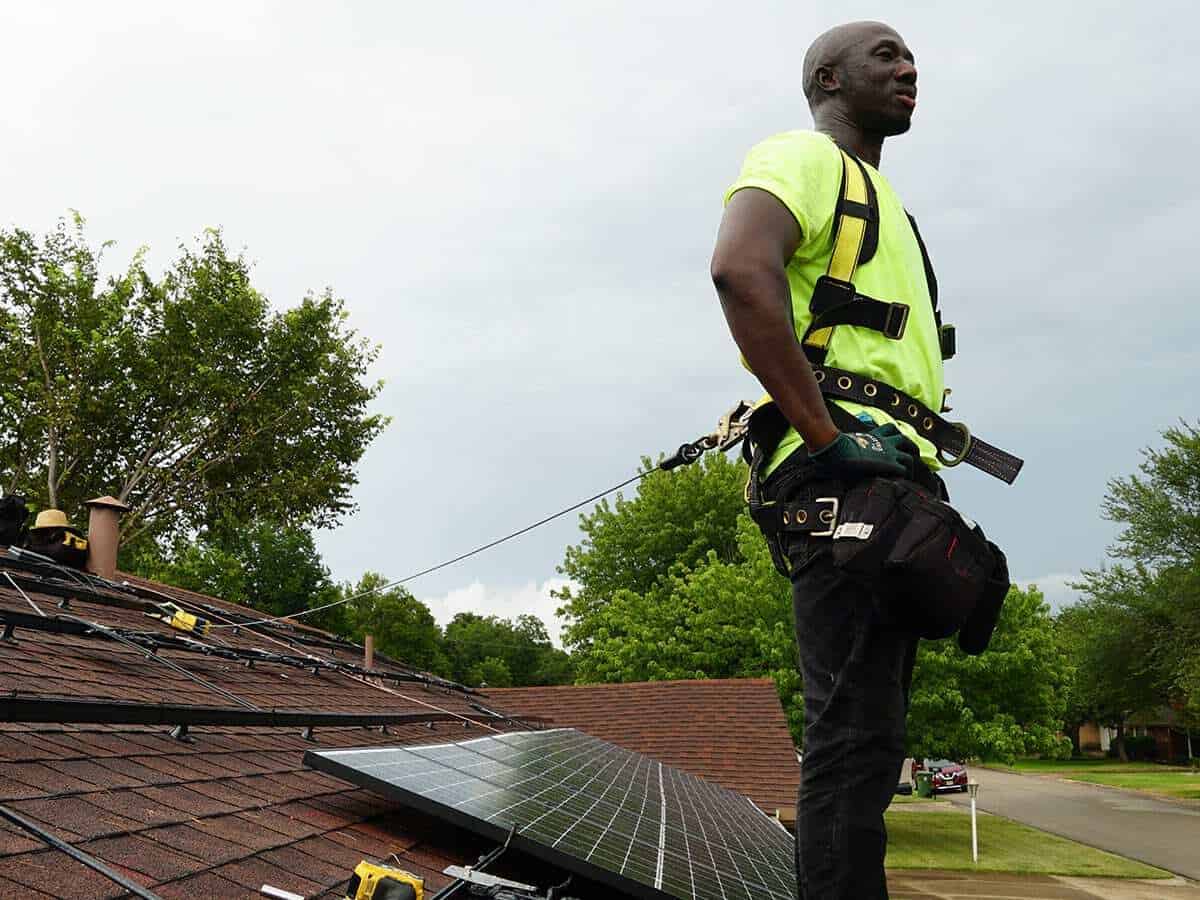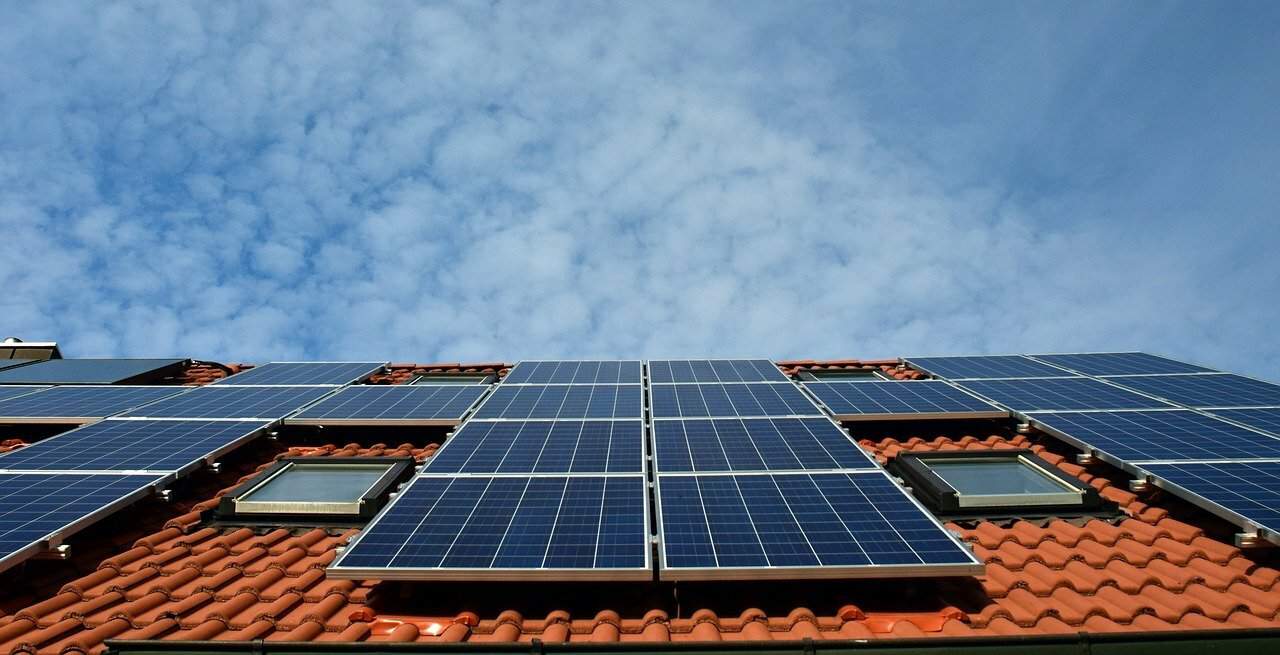First off, congratulations! Taking the time to research and really ask yourself “what solar panels do I need for my home” is the first big step a person takes towards a more sustainable future. Investing in a solar power system is a fantastic move that will change both your own life and your community. You and your family will benefit from lower electricity bills (with the right set-up, you may even drop your electricity bill to $0) and increased property value, while your city and the world at large will benefit from your decreased reliance on nonrenewable energy sources.
However, setting up the most efficient and effective solar panel system for any home takes a bit of finesse and understanding of solar systems in general. It is always best to talk with a professional solar power contractor with years of experience before you make any investment. But if you rather perform the evaluation on your own, here are some good things to keep in mind as you shop around for solar panels for your home.
Discover Energy Audits with Solar Energy and ONIT Home
Try our Free Energy Audit to make sure your home is performing at optimum energy efficiency. We’ll inspect every nook and cranny of your home to make sure it’s best serving your needs. We’ll also give you tips on lowering your energy bills, conserving energy, and creating a more efficient space. To learn more about how we can help you maintain a top performing home, visit ONIT Home online to get started!
Determining if Your Home is Right for Solar Panels
Solar panels can work in every type of climate and environment, from the dry highlands of the Rockies to the humid swamps of South Florida. That said, while any property can house solar panels, not every home can. This is because what a solar panel contractor will look at foremost is your roof, and it’s the rooftop that may be considered unsuitable for solar systems.
To have solar panels installed on your roof, a contractor will look at the following key attributes:
- Roof condition. Solar panels today are designed to last upwards of twenty-five years, but if your roof is going to need to be replaced in five, then investing in a full array now won’t make financial sense.
- Tree cover. Solar panels need access to solar energy unblocked by trees. Consider trimming or outright removing any branches that overhang your home.
- Roof direction. Solar panels typically perform best when installed on a south-facing roof, although southeast and southwest-facing roofs also offer near peak performance.
- Roof slope. The absolute ideal roof is a large rectangular one without chimneys or vents —but that is pretty unusual for any residential property. Instead, what most contractors look for is a roof with a slope between 15 to 40 degrees.

Choosing the Right Solar Panel For Your Home
When you talk to a contractor or ask them, “what solar panels do I need for my home,” they are going to describe your options via several key terms that include:
Framing
Just about every solar panel you’ll find on the market will come in a frame made of aluminum. What differs, however, is the manufacturing precision for the corners and screws and the thickness of the frame itself. While thin frames may be lighter, thicker frames offer more rigidity, making them less likely to sag, bend, or break.
Glass
Solar panel frames will also include a layer of glass over the photovoltaic cells for their protection. There are two types of glass that are used for this: Plate and tempered glass. We recommend avoiding framing with plate glass. This is a lower-quality glass prone to clouding. When glass clouds it decreases the panel’s efficiency. Instead, opt for panels with tempered glass. This is the glass used in automobiles because of its resilience.
Monocrystalline v. Polycrystalline solar cells
About 90% of the photovoltaic solar cells across the globe are done so utilizing some variation of silicon. When shopping for solar panels, you’ll primarily find panels labeled as having polycrystalline solar cells and monocrystalline solar cells. The two are visually distinguishable as monocrystalline solar cells will have an even, uniform appearance that reflects its usage of a high-purity silicon while polycrystalline solar cells typically appear multi-colored.
Being of higher purity, monocrystalline-based solar panels will perform more efficiently than polycrystalline solar cells, which can really boost the amount of money you will save on your home energy bills, but there is a catch. You need to place these types of solar cells in a location where shade, dirt, leaves, and other items won’t block their access to the sun. This blockage will deter their performance. Even just a corner covered in leaves will drop the entire production of a monocrystalline panel. In contrast, polycrystalline solar panels are more forgiving of such partial impediments. They also have the advantage of being more affordable. However, you will need more of them to generate the same amount of power.

Want the Absolute Best Solar Panels? Talk to a Solar Contractor
As you can see, choosing the right solar panels for your home will depend upon several factors. This includes factors that you can’t really control, like your roof’s slope and direction. There are also some factors you can control, such as using higher-performing monocrystalline rather than a more affordable polycrystalline. An experienced solar contractor is best-equipped to talk to you about the specifics of your home and help guide you towards making the best buying decision.
Plus, when you work with an experienced solar contract team, you’ll benefit from better deals on higher-quality solar panels. Just how much will you benefit? Contact our friendly team at ONIT Energy USA to learn about our solar panel package deals and for one-on-one advice on choosing the best solar panels for your home, budget, and lifestyle.




